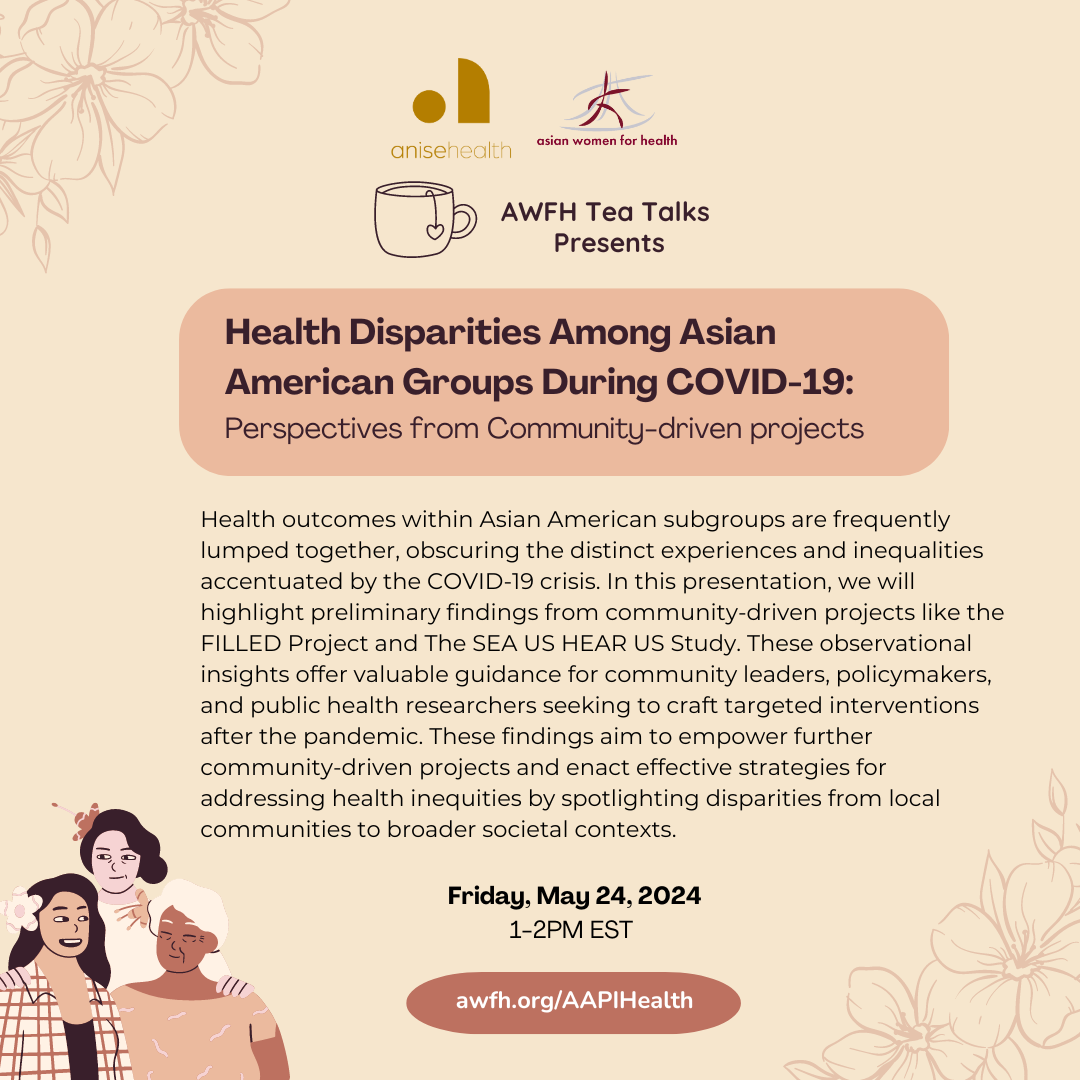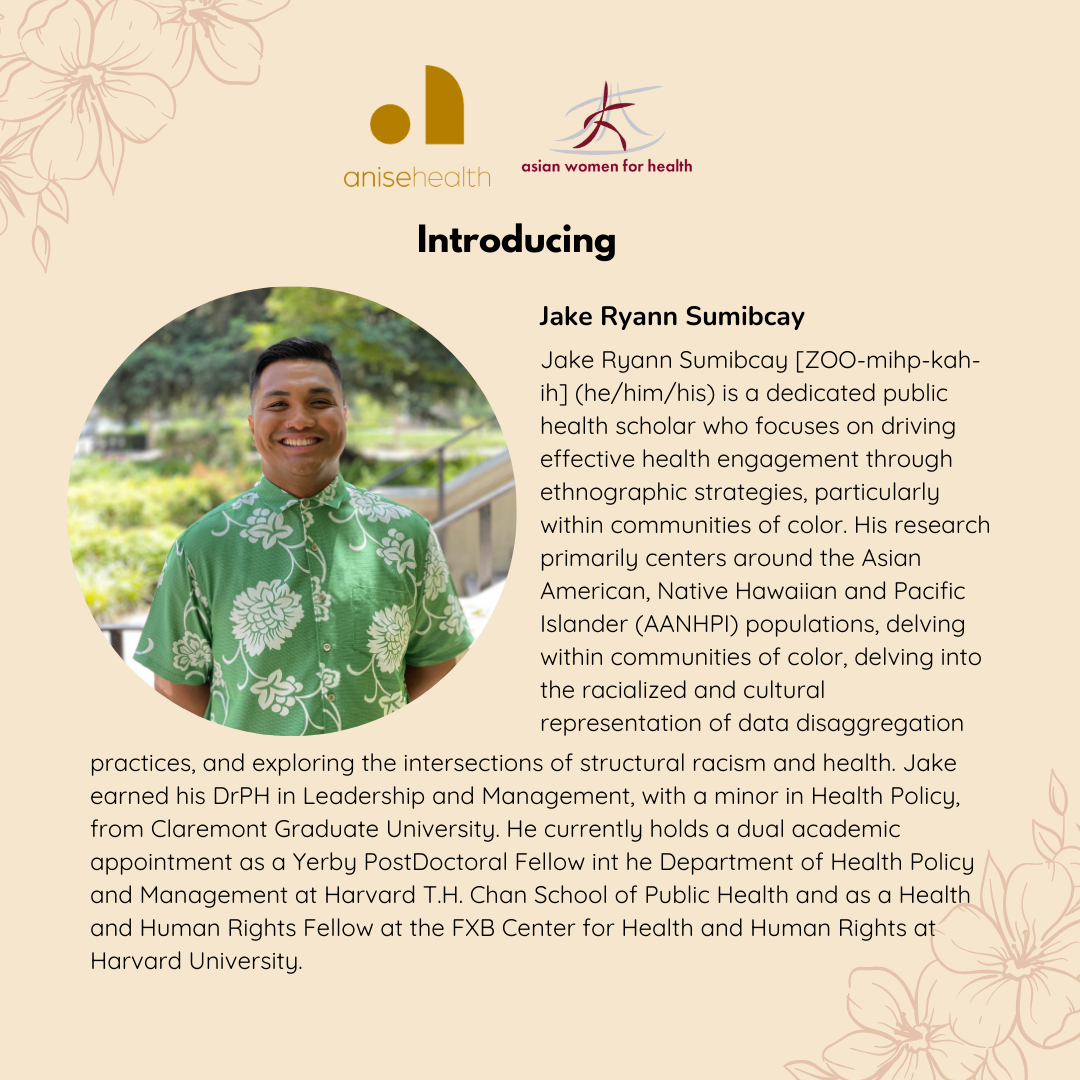 As we celebrate Asian American and Pacific Islander (AAPI) Heritage Month, it's crucial to spotlight not just cultural achievements, but also pressing health disparities within these communities. Despite being one of the fastest growing populations in the U.S., Asian Americans are often underrepresented in health research, which can obscure critical disparities. The National Health Interview Survey indicates that Filipino Americans exhibit a diabetes prevalence rate nearly twice that of non-Hispanic whites. Similarly, Vietnamese and Korean Americans report significantly higher rates of hepatitis B, underscoring the diverse and often hidden health challenges faced by these groups. Health Disparities Among Asian American Groups The notion of a "model minority" often masks the stark health disparities that exist within the Asian American community. These disparities are not just broad strokes of data but are significantly pronounced when disaggregated by ethnicity. For instance, while overall cancer rates among Asian Americans are lower, Vietnamese American women have the highest cervical cancer rate of any ethnic group in the United States. This discrepancy illustrates the danger of aggregating data, as it can obscure critical health issues specific to subgroups. Further complicating the picture, language barriers, cultural nuances, and limited access to culturally competent healthcare contribute to these disparities. Many Asian Americans are less likely to seek regular medical examinations and mental health services due to cultural stigmas and a lack of resources tailored to their linguistic or cultural needs. Focusing on Community-driven Projects and their Insight Addressing these issues requires a nuanced approach that considers the cultural, economic, and social factors influencing the health within these communities. Initiatives like the FILLED Project and The SEA US HEAR US Study are pivotal, as they provide insights and stories derived directly from the Southeast Asian communities. These community-driven projects help identify specific needs and tailor public health interventions that are culturally appropriate and effective. These projects highlight a critical truth: effective public health interventions must be rooted in the understanding of cultural uniqueness and specific health needs. By spotlighting disparities from local communities to broader societal contexts, they pave the way for enacting effective strategies and empower further community-driven projects. There has been more research being conducted to not only disaggregate data but also to learn more about how different diseases or chronic illnesses affect each ethnic group in the U.S ACCESS PD - Advancing Comprehensive Care & Enhancing Service Standards in Parkinson's Disease among Asian Americans, funded by the Michael J. Fox Foundation, investigates cultural and systemic barriers that hinder access to care and participation in research studies for Parkinson’s disease among Chinese and Vietnamese Americans in the Greater Boston Area. As a community partner, Asian Women for Health ensures that this study engages and informs the Asian American community in a culturally appropriate manner. This project not only aims to understand barriers but also to create culturally appropriate resources for patients, care partners, and clinicians, enhancing Parkinson’s disease literacy and service standards among Asian Americans. Similarly, the All of Us Research Program (AoURP) is an NIH-funded program to involve people in research and clinical studies that are representative of the diversity within the United States. This initiative is building one of the largest biomedical data resources of its kind, representative of everyone in the United States. By encouraging participation from a broad cross-section of the U.S. population, the All of Us Research Program aims to facilitate research that can lead to more personalized healthcare solutions based on individual differences in lifestyle, environment, and biological makeup. This program not only advances medical research but also ensures that participants are engaged ethically and respectfully, emphasizing inclusivity and the protection of their rights and privacy. The Upcoming Workshop: Integrating Insights for Action
0 Comments
|
Archives
July 2024
Categories |
|
© Asian Women for Health. All rights reserved.
|
WHAT WE DODONATEcontact us |



 RSS Feed
RSS Feed